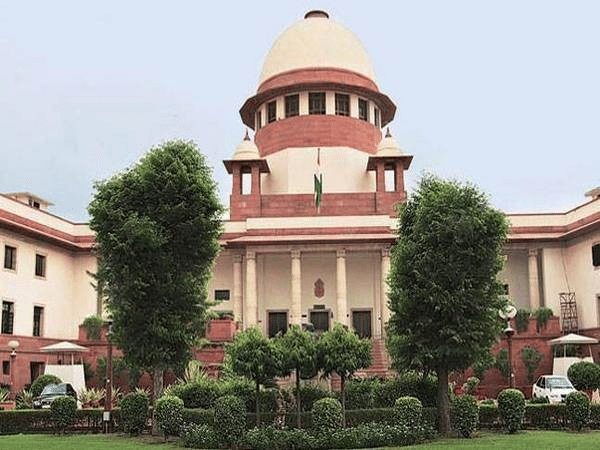New Delhi: In a recent ruling, the Supreme Court greatly expanded its traditional understanding of family to include domestic, unmarried partnerships or queer relationships as well as guardians, caretakers, foster and adoptive parents.
The ruling was part of a judgement, which granted Deepika Singh, a nursing officer at the Postgraduate Institute of Medical Education and Research in Chandigarh maternity leave, saying that a woman cannot be denied maternity leave for her biological child under the Central Services (Leave Rules) 1972 because her spouse has two children from a previous marriage.
A Supreme Court bench consisting of Justices D.Y. Chandrachud and A.S. Bopanna stated, “These manifestations of love and of families may not be typical but they are as real as their traditional counterparts. Such atypical manifestations of the family unit are equally deserving not only of protection under law but also of the benefits available under social welfare legislation.” The top court noted that law must not disadvantage such atypical families. The case brought up essential questions surrounding the rights and benefits given to step-parents, foster parents and adoptive parents.
The judgement also stated, “Unless a purposive interpretation were to be adopted in the present case, the object and intent of the grant of maternity leave would simply be defeated. The grant of maternity leave under Rules of 1972 is intended to facilitate the continuance of women in the workplace.”
The court ruled in favour of Singh on 16 August, who was denied her maternity leave under Rule 43 of CCS Rules, where a woman government employee is granted maternity leave for 180 days only if she has less than two surviving children.
After marrying her husband, Singh was legally the mother of his two children and had taken child care leave to care for them. She was, therefore, denied maternity leave under these provisions.
However, the Supreme Court noted that such Acts must be given a purposeful interpretation in light of the Maternity Benefit Act and Article 15 of the Indian Constitution, which requires the state to adopt beneficial provisions to protect a woman’s interests.
Read the full text of the judgment here:






